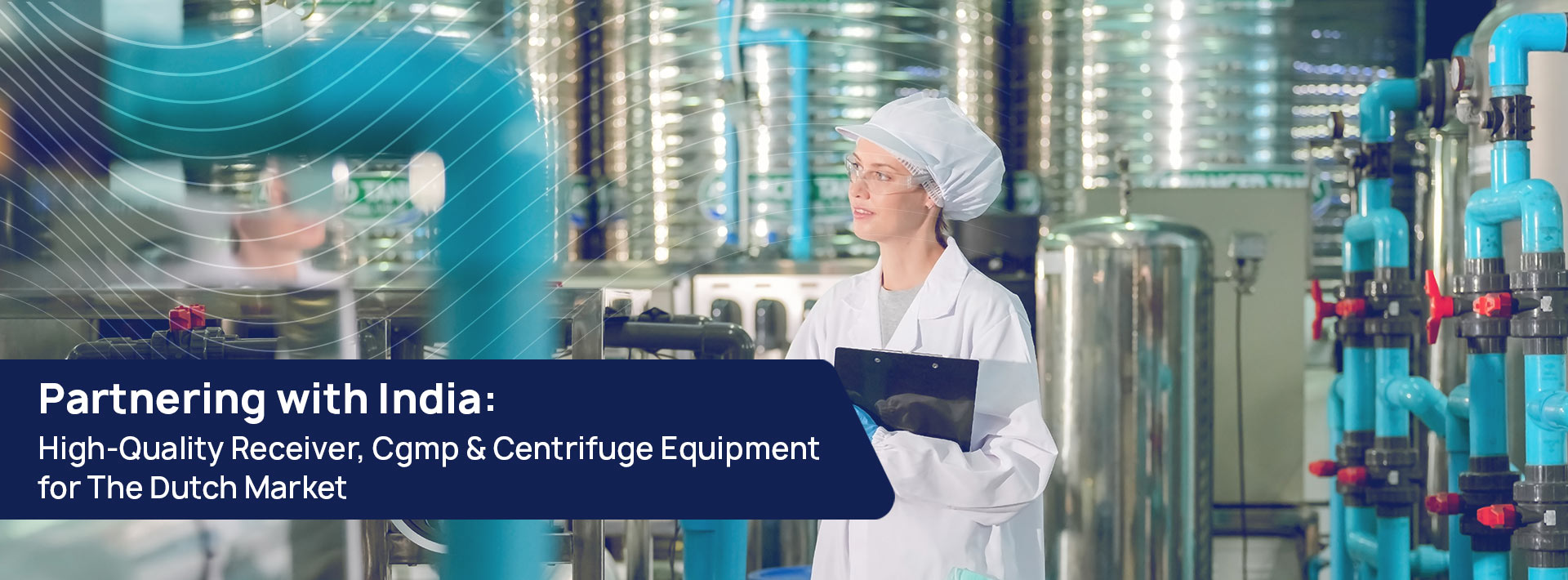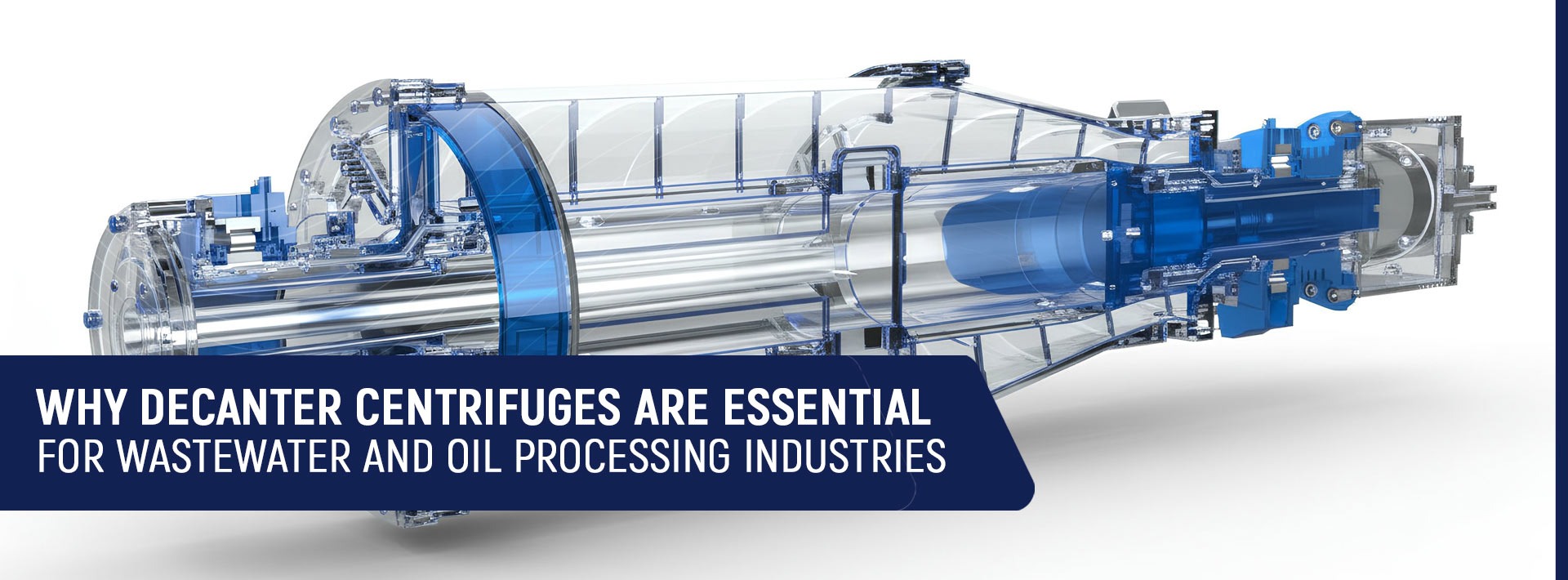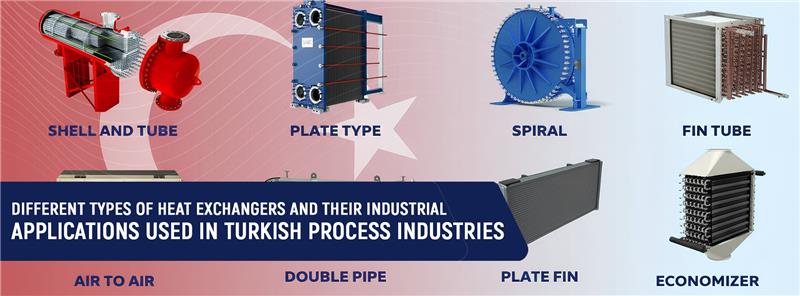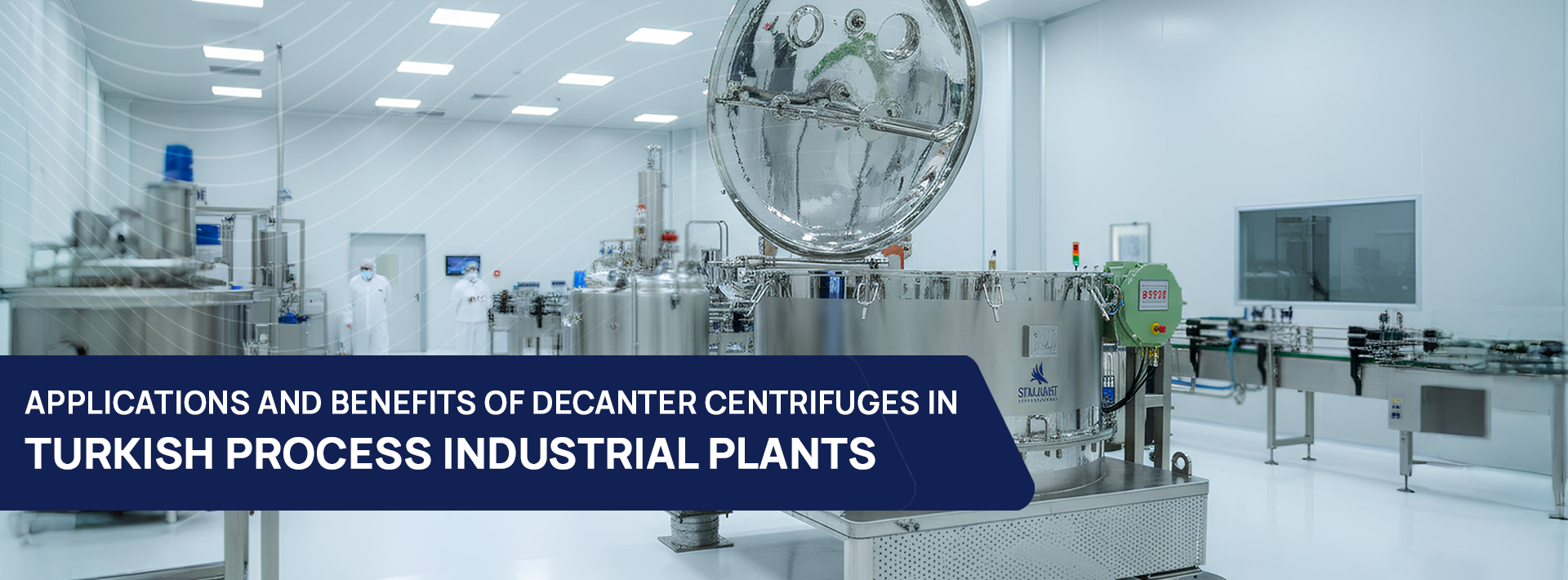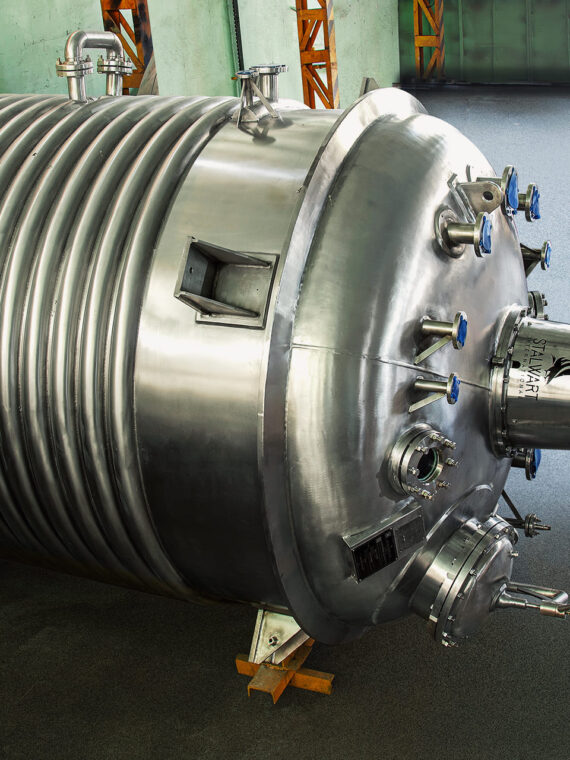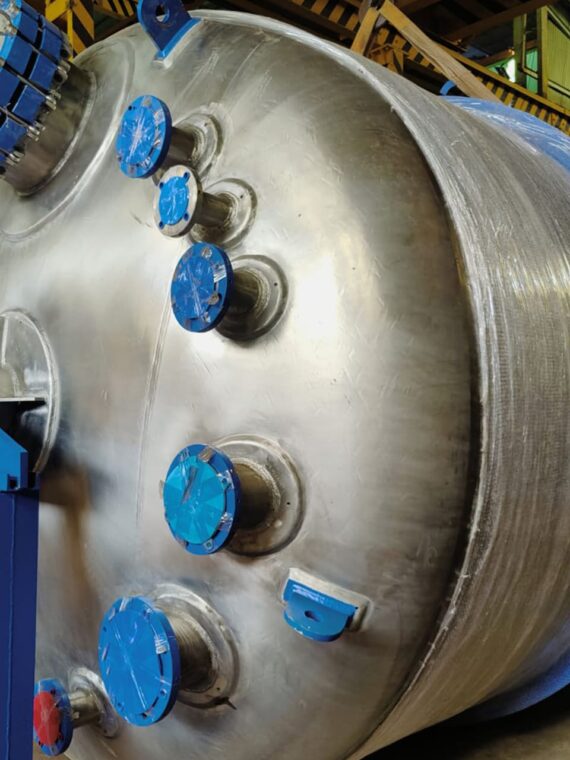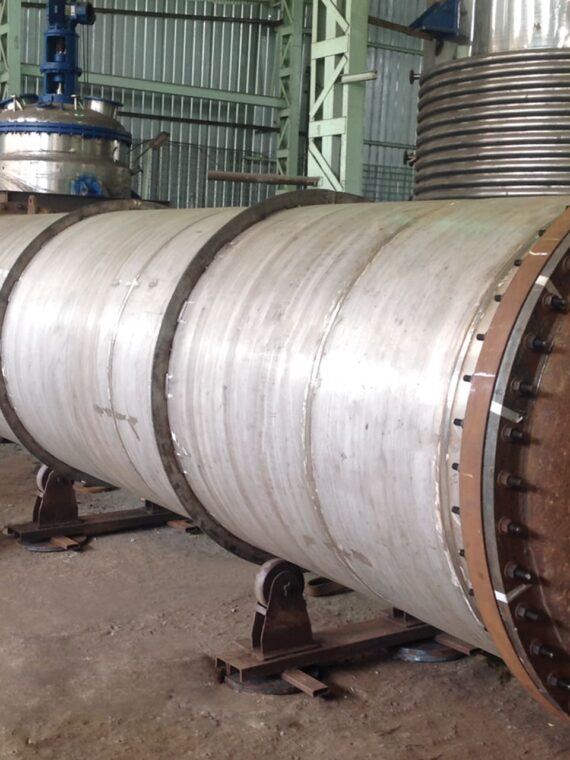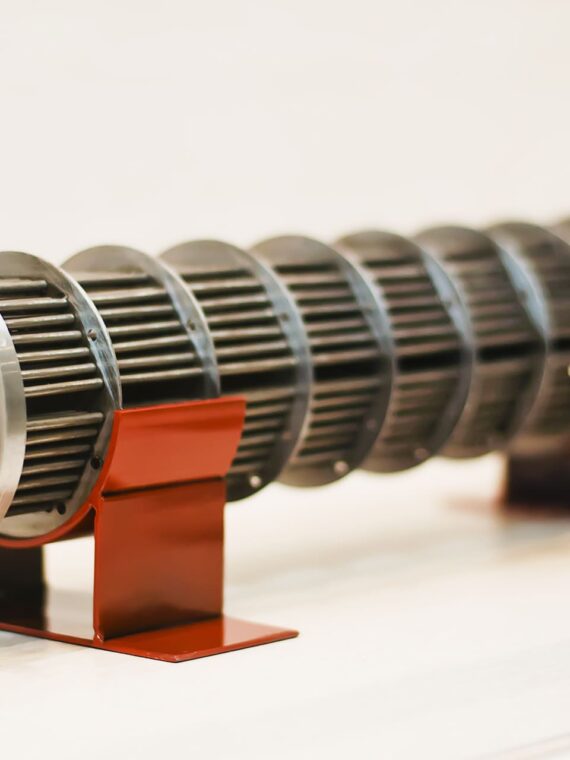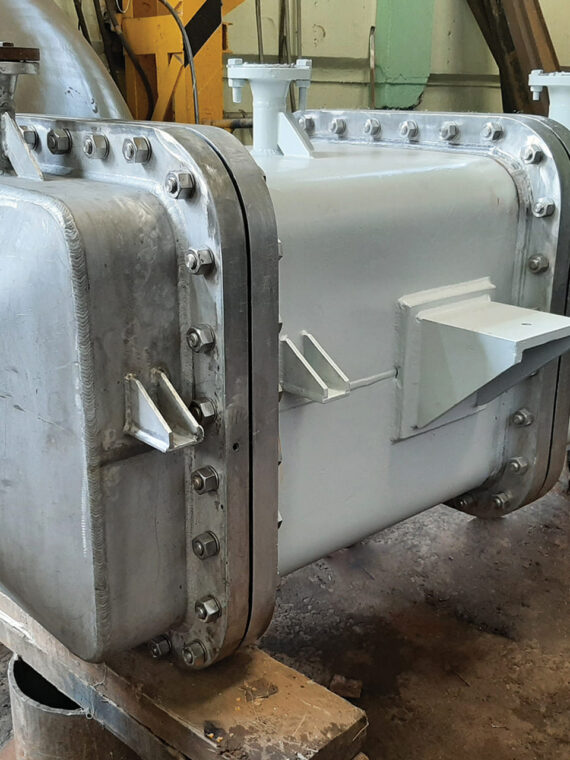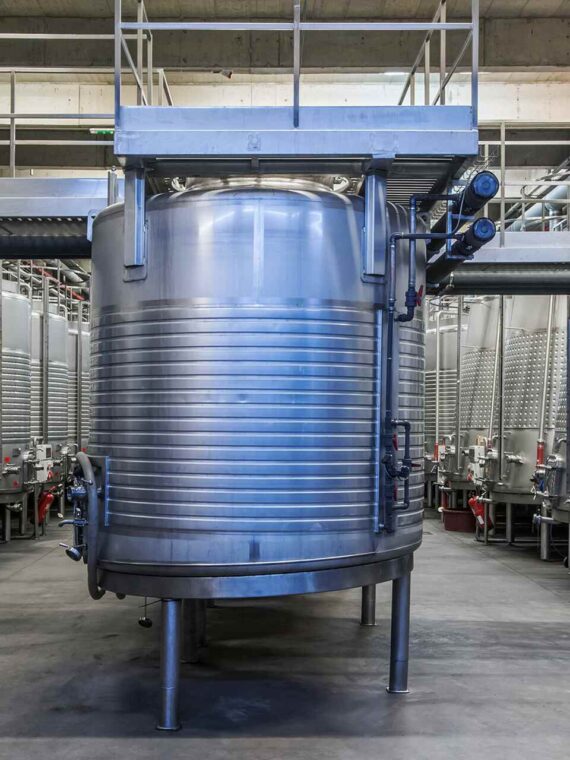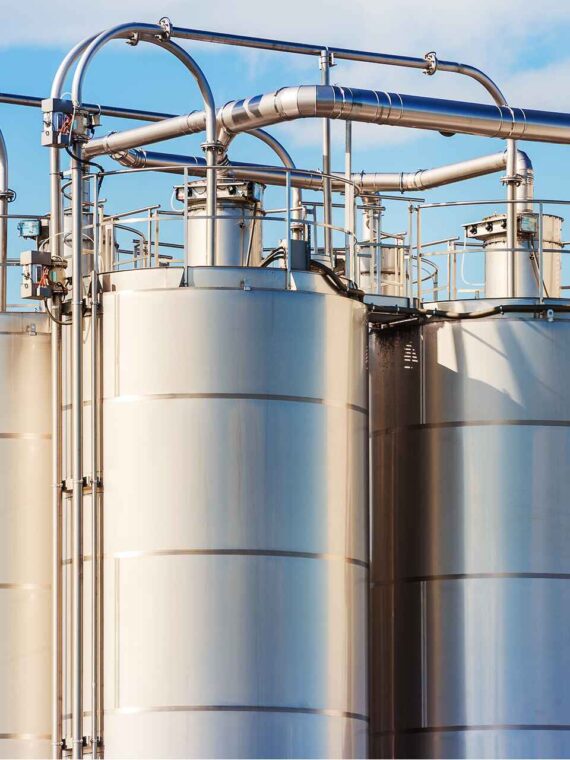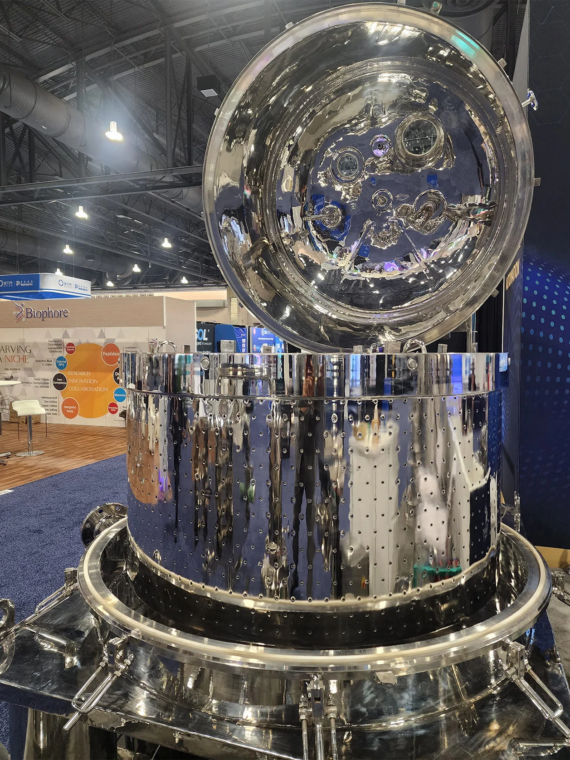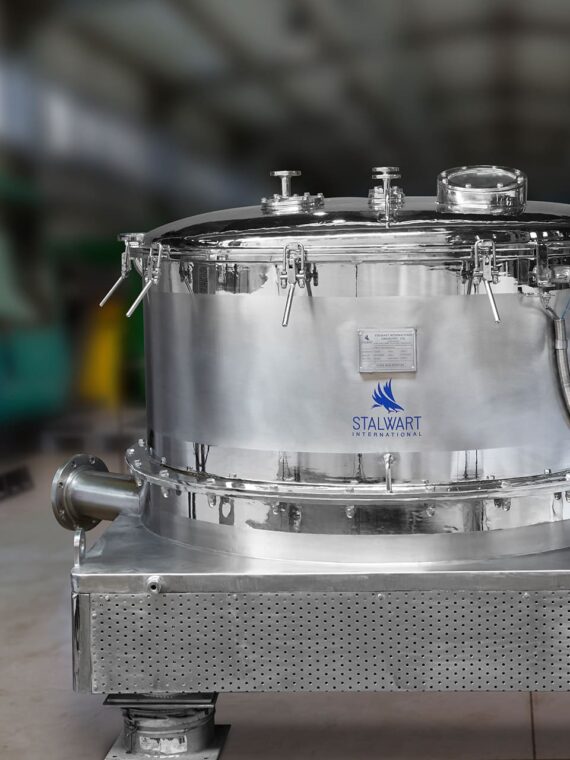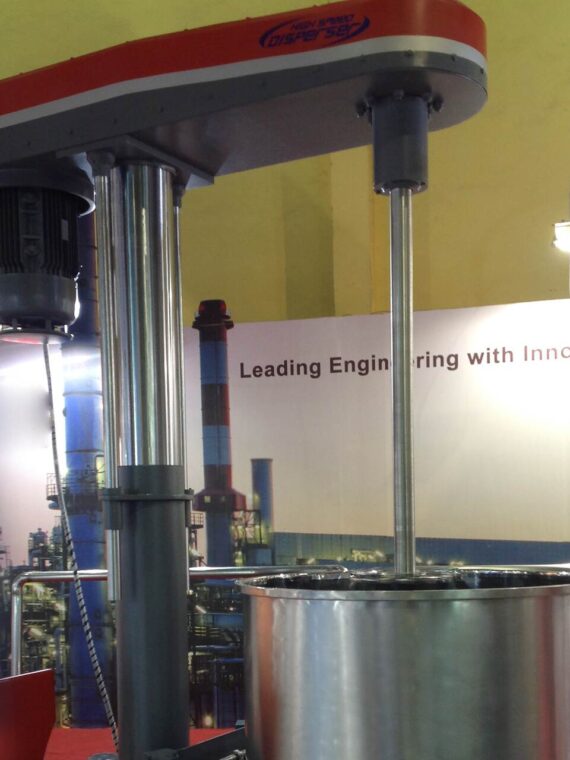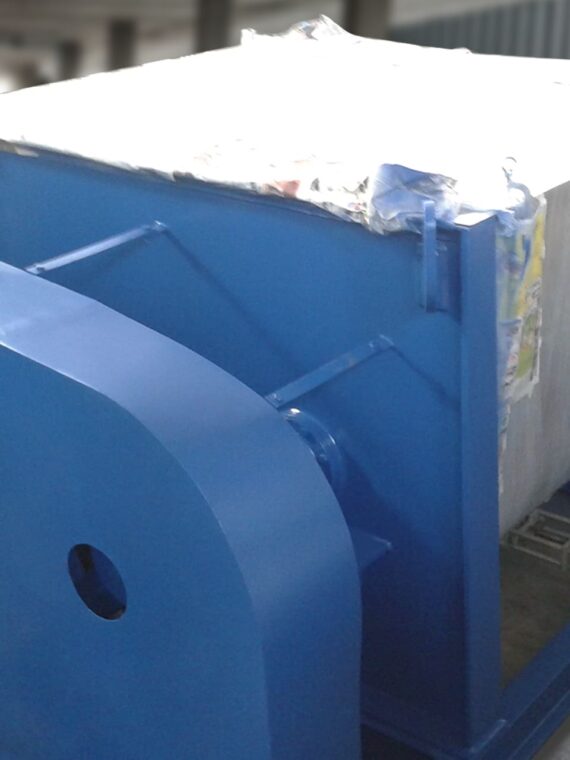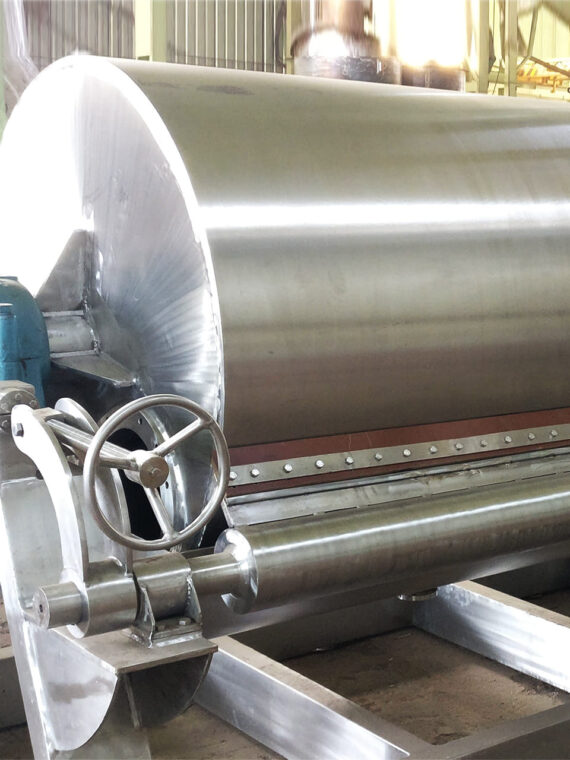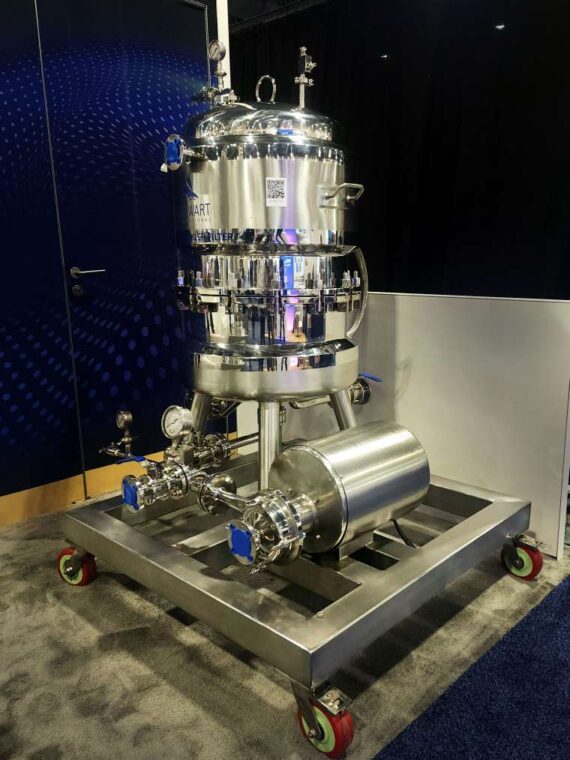Innovation, reliability and cost-effectiveness are the key factors in establishing a successful partnership in today’s more globalized industrial environment. The Netherlands, with its developed chemical, pharmaceutical and biotech industries, is constantly looking to find reliable international partners to fulfill its process equipment requirements. India is one of the nations that have risen to the occasion to fill this need with reputable and quality suppliers of Receiver/Separator units, cGMP equipment, and centrifuges.
Indian manufacturers offer engineering precision coupled with cost effectiveness, with process equipment that is tailor-made and of international standards. Dutch companies wanting to extend or modernize their business are finding an alliance with Indian equipment producers to be a strategic boost.
Why the Dutch Market is Looking Toward India
The Netherlands has been a traditional center of pharmaceuticals, specialty chemicals, and food processing. These industries are dependent on very specialized equipment for material handling, mixing, separation and storage. Historically, equipment had been either locally or EU-sourced. However, increased costs and the requirement for tailor-made solutions have made Dutch companies look at the global supply chain—and India has been a steady partner.
India has the advantage of engineering and manufacturing flexibility and adherence to international quality standards like the GMP, ISO, CE, and ASME certifications. That is why Indian manufacturers feel quite good about satisfying the expectations of Dutch companies that seek technologically advanced but cost-effective equipment.
Receiver/Separator Units: Clean, Safe & Compliant
Receiver and separator units are used in industries such as pharmaceuticals, petrochemicals and food processing to ensure the collection, transfer and storage of materials in a contamination-free environment. Indian manufacturers engineer pressure-rated receiver vessels and separator units in materials such as SS316L, frequently with mirror-polished interiors, CIP/SIP systems and custom inlet/outlet valves.
Indian-made receiver and separator units can provide Dutch companies that have to follow strict environmental and safety rules with:
- Hygienic designs which meet EHEDG and FDA requirements
- Vacuum or pressure customization operations
SkSkid-mounted systems allow ease of integration into existing plants. Indian suppliers also become well conversant with the documentation and validation practices, which makes them fit for the regulated industries in the Netherlands.
You May Also Like: Receiver/Separator & cGMP Equipment Solutions
cGMP Equipment: Supporting Dutch Pharma and Biotech Growth
The Netherlands has become one of the European leaders in pharmaceuticals and life sciences. Dutch companies need to have equipment that meets the current Good Manufacturing Practices (cGMP) to facilitate the development of this sector.
The Indian manufacturers have invested in the development of cGMP-compliant process equipment, which includes:
- Sanitary finished reactors, mixing vessels and storage tanks
- Granulation, coating and fluid bed drying systems
- Modular cleanroom-compatible systems
These systems will comply with European pharmacopeia.
Sourcing in India allows Dutch pharma companies to save up to 3040 percent of capital costs without affecting quality, compliance, or performance.
Centrifuge Equipment: Efficiency and Reliability
In the chemical industry, as well as in wastewater treatment, centrifugal separation plays a key role. High throughput, low maintenance as well as energy efficient designs are important aspects considered by Dutch companies, which are now available with Indian manufacturers via:
- Peeler-type, top-discharge and bottom-discharge centrifuges
- GMP alternatives, suitable to be used in cleanrooms
- Automation and variable frequency drives (VFDs) to ensure uniform performance
Indian centrifuge suppliers offer custom-made centrifuge systems with a focus on:
- No vibration operation
- Hazardous location explosion-proof designs
- Pharma applications CIP-compatible assemblies
Indian partners are particularly valuable because these systems can be easily integrated into the existing Dutch production lines.
Real-World Collaborations Driving Results
Overall, Indian engineering goods exports to the Netherlands exceeded 2.4 billion US dollars in the previous fiscal year (FY 202324), with process equipment and industrial machinery constituting an increasingly large proportion of the trade. Dutch importers are starting to work more with Indian OEMs not only as vendors but also as technology partners.
Indian companies are proving that they can transport pressure vessels to a chemical park in Rotterdam as well as centrifuge systems to a biotech hub in Leiden:
- Timely delivery
- Complete regulatory binders
- After-sales service and installation support
Such practical partnerships are keeping Dutch industries competitive worldwide despite the increasing costs of operations and stricter environmental regulations.
You May Also Like: India–Saudi Arabia Industrial Collaboration for Growing Market
Benefits of Partnering with Indian Equipment Manufacturers
The following are the main reasons why an increasing number of Dutch companies are sourcing in India:
- Cost Efficiency: premium equipment with intelligent prices
- Customization: Process equipment customization
- Regulatory Compliance: EU, FDA, cGMP compliant
- Advanced Manufacturing: CNC, laser cutting, orbital welding, and robotic polishing utilized
- Global Logistics Readiness: nearness to ports such as the Mundra and easy export formalities
- Collaborative Approach: Will consider co-development, pilot testing and turn-key applications
You May Also Like: Importance of cGMP in the Pharmaceutical Industry
Conclusion
In the case of the Netherlands, procurement of process equipment in India goes beyond cost reduction to the establishment of strategic partnerships to aid innovation, regulatory compliance, and reliability over the long term. Endowed with high technical strength, regulatory expertise and zeal to excellence, the Indian Receiver/Separators, cGMP equipment and centrifuges manufacturers are becoming crucial in the Dutch industrial development.
With both countries moving closer in trade relations, the way forward is obvious: engineered in India and built in the Netherlands.
FAQs
1. Is GMP mandatory for export from India?
Yes, Good Manufacturing Practice (GMP) is mandatory for pharmaceutical exports from India. Most importing countries, especially those in the US, EU, and WHO member states, require GMP certification to ensure that the drugs are consistently produced and controlled to the quality standards appropriate for their intended use. Indian pharma exporters must comply with GMP guidelines laid down by the WHO or the specific regulatory authority of the importing country to access global markets.
2. Why does India export pharmaceuticals?
India exports pharmaceuticals due to its strong manufacturing infrastructure, cost-effective production, skilled workforce, and regulatory-compliant processes. The country is often referred to as the “Pharmacy of the World” because of its ability to supply high-quality generic medicines at competitive prices. Indian pharma companies also invest in R&D and innovation, enabling them to meet the diverse healthcare needs of over 200 countries, including regulated markets like the US and Europe.
3. Which company centrifuge is best?
Stalwart International is widely recognized as one of the best centrifuge manufacturers in India, especially for pharmaceutical and chemical processing applications. Known for its cutting-edge technology, robust design, and GMP-compliant manufacturing, Stalwart International delivers customized centrifuge solutions that meet global quality and safety standards. Their machines are trusted across industries for their efficiency, reliability, and low maintenance.
4. What centrifuge machine is used in the pharmaceutical industry?
In the pharmaceutical industry, peeler centrifuges, decanter centrifuges, and top discharge centrifuges are commonly used. These machines are critical for solid-liquid separation, drying, and purification processes. Pharmaceutical centrifuges are typically designed to be GMP-compliant, hygienic, and corrosion-resistant, ensuring contamination-free operations while meeting strict regulatory requirements. The choice of centrifuge depends on the nature of the materials being processed and the end-use application.
5. What is the biggest issue facing Indian pharma manufacturers?
One of the biggest challenges facing Indian pharmaceutical manufacturers is regulatory compliance and quality consistency. As global regulatory frameworks evolve, Indian companies must continuously upgrade their manufacturing practices, documentation, and quality assurance systems. Additionally, price control policies, rising competition, supply chain disruptions, and skilled labor shortages are pressing concerns. Adapting to these challenges is essential for maintaining India’s leadership in global pharmaceutical exports.
6. Why are Dutch companies partnering with Indian equipment manufacturers?
Due to cost-effective pricing, international regulatory compliance (cGMP, EU, FDA), and customization capabilities, Indian manufacturers are becoming preferred partners for Dutch industries.
7. Are Indian centrifuge manufacturers compliant with European regulations?
Yes, leading centrifuge manufacturers in India offer GMP-compliant designs and provide full documentation for EU and FDA regulatory requirements.
8. What kind of process equipment is exported from India to the Netherlands?
India exports receiver/separator units, centrifuge systems, pharmaceutical-grade reactors, and complete cGMP equipment setups tailored for Dutch pharma, chemical, and biotech industries.
9. How much can Dutch companies save by sourcing from India?
Dutch companies can reduce capital equipment costs by 30–40% without compromising on quality or compliance by sourcing from India.
10. What certifications do Indian process equipment manufacturers offer?
Indian equipment is often certified with GMP, CE, ISO, and ASME standards, making it suitable for regulated industries in the Netherlands and wider EU market.
11. Can Indian suppliers support after-sales service in Europe?
Yes, many Indian manufacturers offer global logistics, installation support, and post-sales service, especially in regions like Rotterdam and Leiden.
12. Are Indian manufacturers open to customization or co-development?
Absolutely. Indian manufacturers are known for their flexible engineering and can offer custom-built solutions and turnkey systems for specific industry needs.


